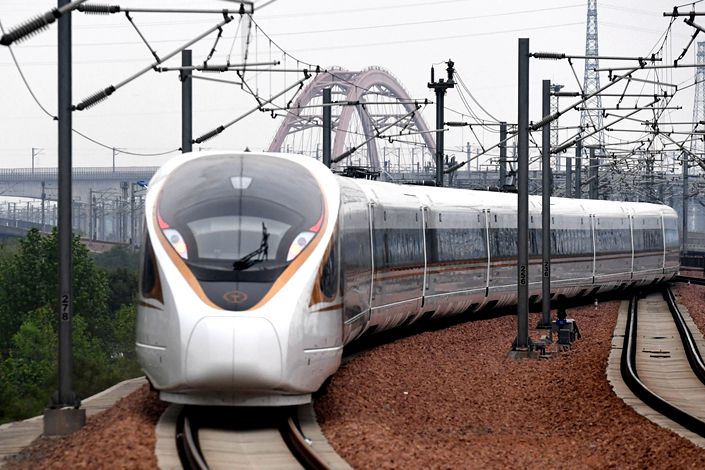Finance Minister Nirmala Sitharaman has asked K-Rail to expedite land acquisition for the most ambitious high speed rail project of the Malabar Coast state. This project is anticipated to bring in huge infrastructural upsurge and drive the demand for wires and cables.
February 7, 2021

The Union finance ministry has finally approved the revised debt-fund raising plan for the INR 64000 crore semi-high speed rail project connecting Kerala capital Thiruvananthapuram with its northern tip Kasaragod.
As reported in a leading daily, the Japanese development agency JICA had earlier committed to fund INR 33700 crore which was approved by the Union Finance Ministry as well in 2019 but later JICA massively curtailed its exposure, following which the ministry asked to submit a revised debt raising plan which was sent shortly.
In a letter to Chief Minister Pinarayi Vijayan, Union Finance Minister Nirmala Sitharaman asked Kerala Rail Development Corporation (K-Rail), the nodal implementation agency, to expedite land acquisition for the most ambitious project of the state till date after obtaining necessary clearances.
The Centre has also directed K-Rail to re-engage with Japan International Cooperative Agency (JICA) to finalize the funding for the INR 63941 crore semi high-speed rail Silver Line as it is named, connecting Thiruvananthapuram to Kasaragod and covering the 529.45-km ride in 4 hours as against over 12 hours now. The line will cover Thiruvananthapuram-Ernakulam/Kochi stretch in flat 90 minutes, as against over 4 hours now.
Under the revised debt funding plan submitted and approved by the Centre, Kerala has nearly halved the JICA loan to USD 2.5 billion from USD 4.6 billion earlier. K-Rail is also seeking USD 1 billion from the Asian Development Bank, USD 500 million from the Asian Infrastructure Investment Bank and USD 460 million from the German development agency KfW.
Also Read: Government Plans Two New Bullet Train Lines in Maharashtra.
The central funding will come from the INR 1,10,055 crore allocated for the National Rail Plan 2030, of which the Silver Line is already a part. The 530-km-long rail project needs 185 hectares of the railway land and 1,198 hectares of private land.




